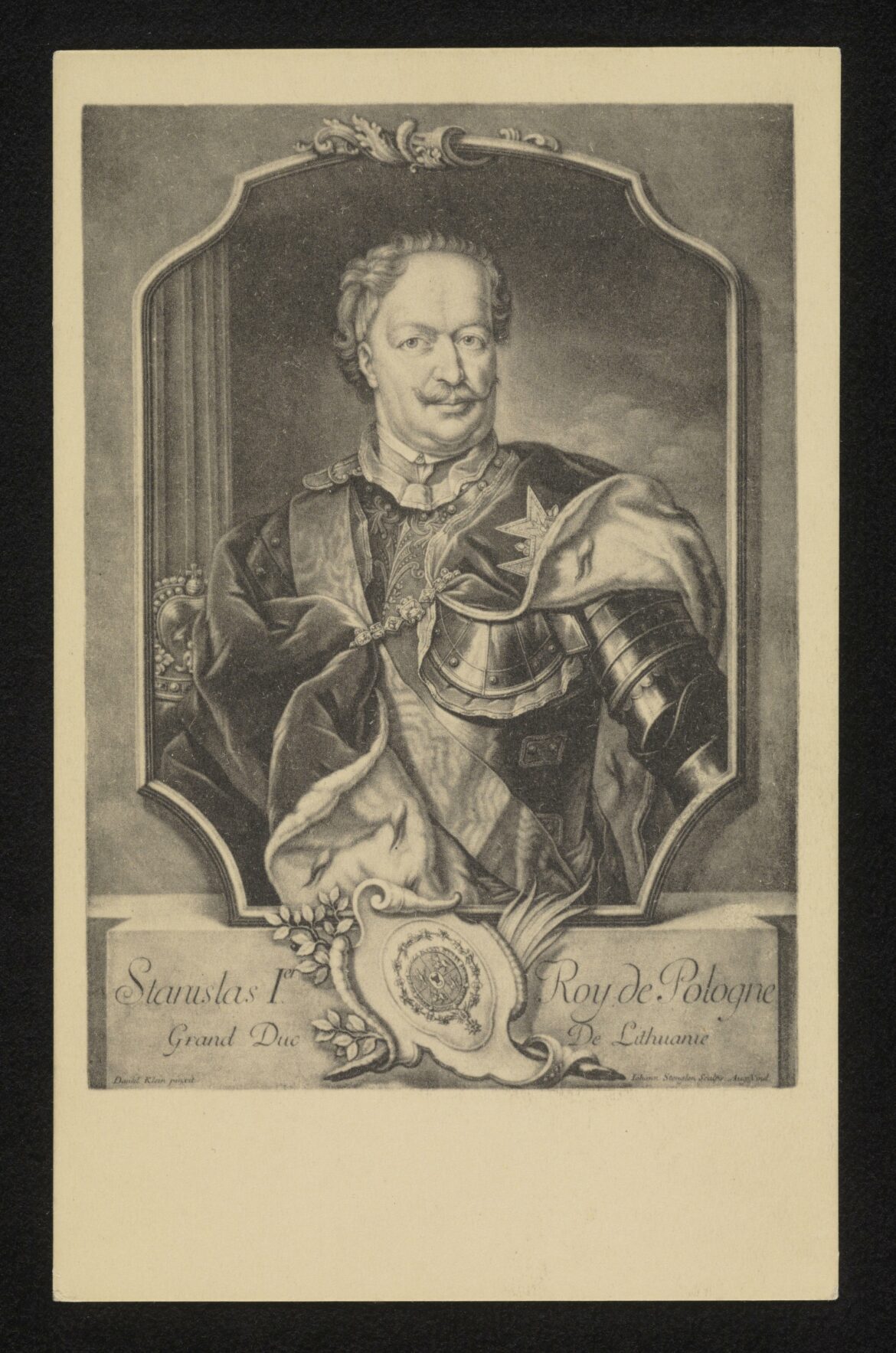Stanislaw Leszczynski is known in Poland mainly for the fact that his reign was twice interrupted. He was the longest-lived of Poland’s rulers (88 years) at a time when the Commonwealth plunged into chaos. Less known are the king’s reform projects and his modern rule in the French duchy.
The future king was born on 20 October 1677 in Lwów (today’s Lviv). His father held the office of Grand Treasurer of the Crown. Stanisław received a careful, comprehensive education (including attending the famous gymnasium in Leszno). He was a polyglot. Leszczyński ascended the Polish throne twice. His first period in power was between 1704 and 1709. He was elected king on 12 July 1704, and was not crowned until 4 October 1705. In 1709, he had to step down and leave the country after the defeat of the Swedes against the Russians at the Battle of Poltava. With French help, he returned to the Polish-Lithuanian Commonwealth in 1733. He remained in power only until 1736, succumbing to the Saxon-Austrian-Russian coalition.
Eventually Leszczynski received the Duchy of Lorraine from his son-in-law, King Louis XV of France, where he spent the rest of his life. In the opinion of the Duchy’s inhabitants, he was a ‘king-governor’, and according to Montesquieu and Voltaire, he was regarded as a model of an enlightened ruler who promoted science, culture, and the arts. The former philosopher, by the way, knew the Polish king personally, and was said to have been inspired by his most famous work (it is not certain whether Leszczyński wrote it himself) when composing his famous treatise ‘On the Spirit of Laws’. The Knights’ School at Luneville, reactivated and brought to prosperity by the Polish monarch, was a model for such initiatives of the Polish Enlightenment as the Collegium Nobilium and the Knights’ School in Poland. Aimed primarily at character education, the Academy attracted outstanding Poles and Frenchmen.
Leszczyński authored many written works, from letters and travel notes to treatises on customs and texts on how the state should be. His best-known work is ‘A free voice insuring freedom’. The text was probably written by one of the king’s supporters, and Leszczyński was responsible for the outline and overall tone of the work. It pointed to the need to replace the serfdom of peasants with a rent system, strengthening the central power, limiting the principle of the liberum veto to a specific parliamentary act (not ruining all the provisions of the Sejm), strengthening the position of the bourgeoisie, increasing the freedom of peasants, expanding the army to 100,000 men. These changes would probably have been difficult for Leszczyński to implement as king, but some of them were successfully implemented in the future, under the 3rd of May Constitution.





